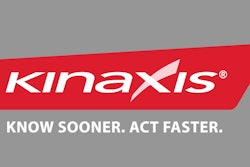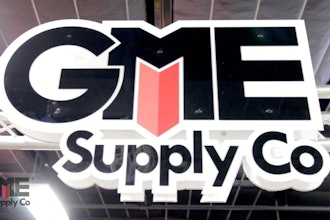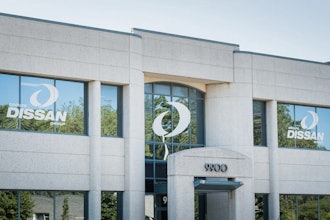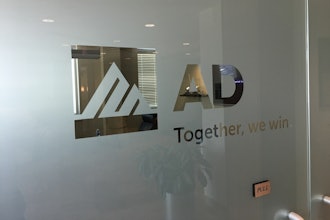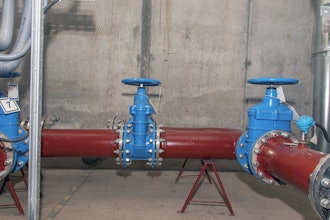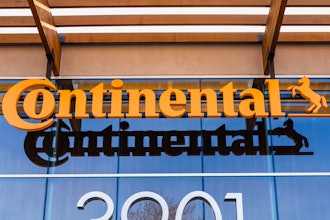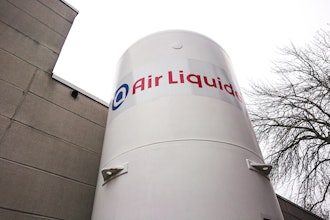
It’s a perilous time for companies considering major expenditures.
Between a stubborn virus, a war in Europe, inflation unlike anything seen in decades, and the risk that efforts to quash it will lead to a recession, companies could be forgiven for sitting on their hands.
Although recent data suggests that global merger and acquisition activity is waning amid those headwinds, things are still humming along in the distribution sector. Seemingly every week, another handful of distributors are gobbled up by larger counterparts; more than 40 deals have been chronicled by Industrial Distribution over the past two months alone.
The reasons why companies would choose to take on that type of challenge amid such uncertainty vary, but consultant Amira elAdawi suggests that a pair of factors could be in play. Companies are understandably reluctant to return to the standstill of 2020, elAdawi says, but businesses may have also learned a valuable lesson from the past few years: the future isn’t as predictable as they once believed — and they can’t afford to be caught flat-footed.
“You have people hedging bets a lot,” elAdawi, owner of Amira & Co. and an external advisor to consulting giant Bain & Company, said during a recent interview with ID.
“People have stopped agreeing on what the future is going to be.”
elAdawi, whose resume also includes Booz & Company, Procter & Gamble and Orascom Construction, has guided corporate projects — particularly post-merger integrations — across the globe. After the pandemic turned the worldwide economy upside down, she says companies saw opportunities to acquire suddenly troubled assets.
That situation — and the realization that their competitors were also circling — could prompt companies to neglect the type of due diligence needed to ensure a successful merger. Rigorous due diligence, she says, is the most important component to a pain-free integration — and it can be tricky under even the best of circumstances.
elAdawi says two things, in particular, can complicate the information-gathering process in advance of a merger.
First, companies often fail to properly gauge the differences in their operations, as well as fail to completely account for the costs needed to harmonize them. Secondly, they can neglect to ensure that one company’s culture is compatible with the other.
“Nobody’s trained in business school on how to evaluate a corporate culture,” elAdawi says.
Companies can also fall victim to their own blind spots: everyone involved almost certainly wants the deal to succeed.
“The closer you get to the finish line … the blinder people get toward issues,” elAdawi says.
Those issues can surface even at large companies familiar with the due diligence process. elAdawi suspects that most failed deals at smaller businesses are caused by the inability — or lack of resources — to do thorough due diligence, while larger companies often fail because they’re driven by the need to close the deal.
Companies that succeed, by contrast, take their time — and make sure that someone with an operations background is running the integration process.
Successful integration managers, for instance, don’t use standard playbooks, elAdawi says, and they communicate clearly with employees — even if they can only disclose partial information.
“If people feel you’re not hiding stuff from them, they’ll relax more,” elAdawi says.
When evaluating a potential acquisition, elAdawi stresses that companies should make sure that their target has a familiar culture and similar processes — or, at the very least, ensure that any differences aren’t insurmountable.
“The gaps can’t be things that you cannot possibly bridge."






